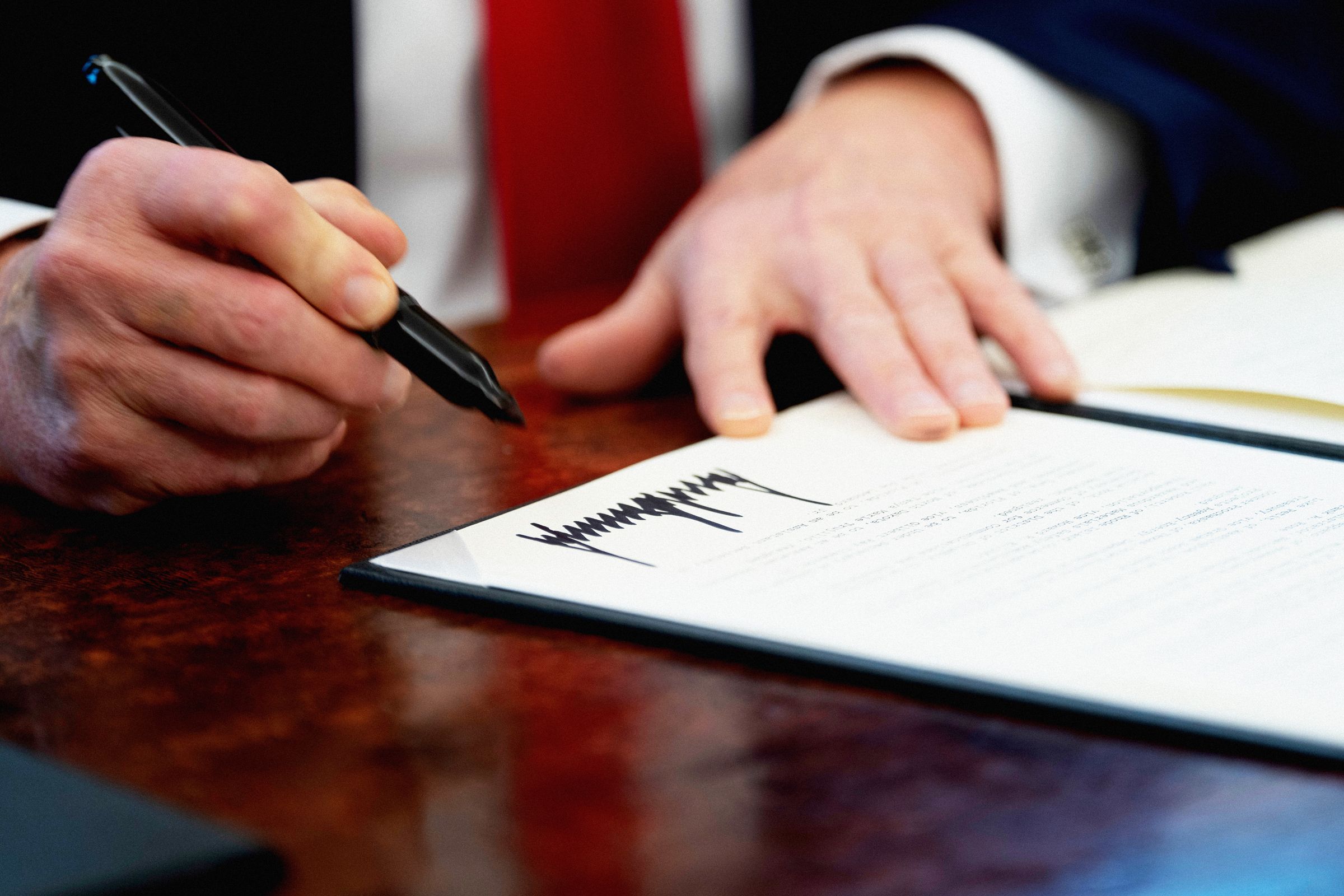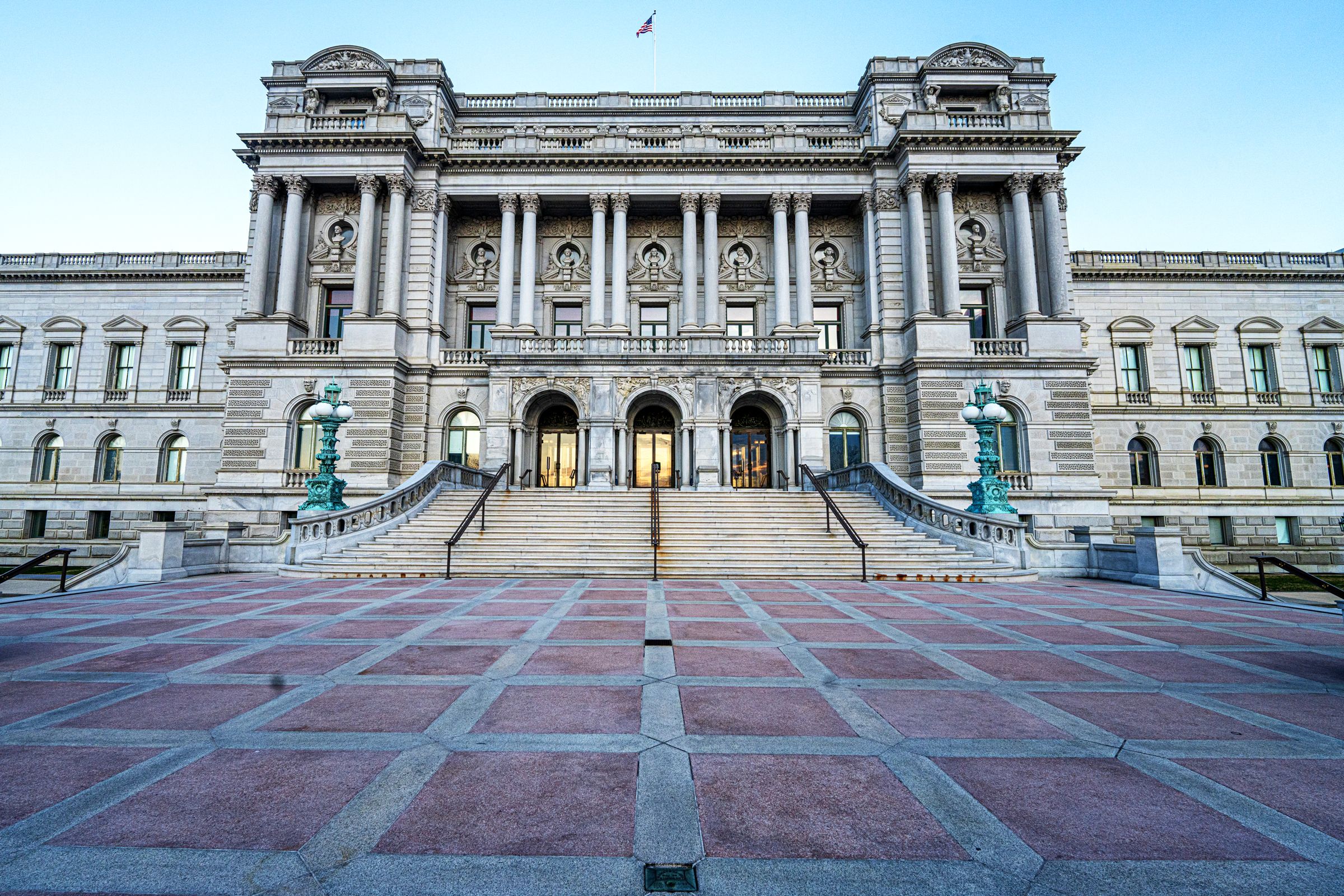Trump Signs Controversial Law Targeting Nonconsensual Sexual Content
President Trump has signed a controversial new law aimed at combating the spread of nonconsensual sexual content online. The law, known as the “Online Sexual Privacy Protection Act,” has sparked heated debate among lawmakers and internet activists.
Under the new law, it will be illegal to distribute or share sexually explicit images or videos of individuals without their consent. Violators could face hefty fines and even criminal charges. The law is seen as a major victory for advocates of online privacy and digital rights.
However, critics argue that the law could infringe on free speech rights and have a chilling effect on online expression. They worry that the vague language of the law could lead to censorship and unintended consequences.
Supporters of the law, on the other hand, believe that it is necessary to protect individuals from the harmful effects of nonconsensual sexual content. They argue that such content can have lasting psychological and emotional repercussions for victims.
The signing of the law comes amid a growing national conversation about consent, privacy, and online harassment. It is likely to have far-reaching implications for how sexual content is shared and consumed online.
President Trump, in a statement announcing the signing of the law, emphasized the importance of protecting individuals’ privacy and dignity. He called the law a “significant step forward in safeguarding our digital rights.”
It remains to be seen how the new law will be enforced and what impact it will have on online behavior. Critics and advocates will continue to closely monitor its implementation and effects in the coming months.
Overall, the signing of the law represents a significant development in the ongoing battle to protect individuals’ privacy and autonomy in digital spaces.
Ultimately, the full implications of the law may not be fully understood until it is put into practice and its effects are felt across the internet.


